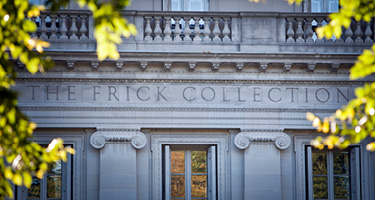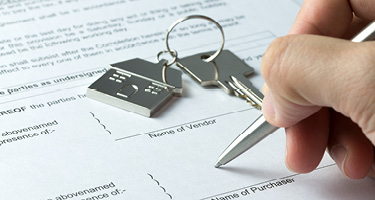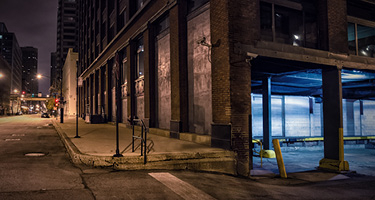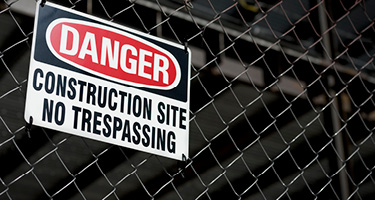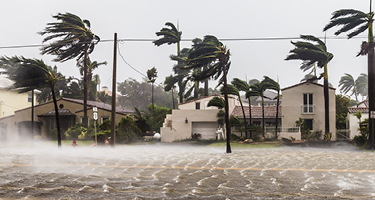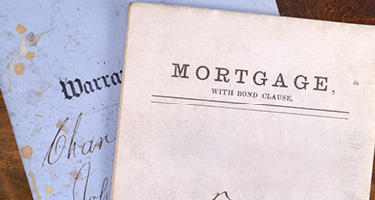For those of you who dwell in the residential real estate world, YES, NO, or NO KNOWLEDGE (abbreviated as “NK”) were familiar indicators on the Louisiana Real Estate Commission’s Property Disclosure document that is mandated for all residential real estate transactions unless otherwise exempted (such as inheritance, court order, transfers to spouses or blood relatives). See La. R.S. 9:3197B for full list of exemptions.
For some time now, creative litigators have used the NO box to try and overcome the “AS IS” clause most everyone signs at closing (except in the event of a new construction) and the burden of proof required to prove fraud. The Louisiana Board of Realtors have tried to close the loophole under the property disclosure form in 2018 by eliminating the NO box column. Read on to find out how this change has affected sellers and buyers.
Louisiana Real Estate Commission Property Disclosure Document
No longer is “NO” an option! As of January 1, 2018, the form only has YES or NK as an option for the seller to check the box. A quick look at the options seems to indicate the following:
- YES – Checking this puts the buyer on notice that further inspection and examination is required.
- NK – No knowledge means what it says. The seller has no knowledge of the condition of the particular component of the property.
- NO – Checking this was an indicator by the seller that there was no problem with a particular part of the property (i.e. roof, electrical, plumbing, etc.).
Using the NO Box to Work Around or Bypass the Standard “AS IS” Clause
Long before the January 1, 2018 change in the form, a couple (the Valobras) attempted to use the NO box selection to work around or bypass the standard “AS IS” clause they signed at the closing of their property at 415 Vincent Avenue, Metairie, Louisiana.
As previously noted, creative litigators have used the NO box to try and overcome the “AS IS” clause most everyone signs at closing (except in the event of a new construction) and the burden of proof required to prove fraud. Fraud will always trump the “AS IS” clause, but it is not often that there is the “smoking gun” evidence to demonstratively prove the seller knew of the defect or hid it from the buyer; for those of you who remember, this is not an episode of Perry Mason; no one is standing up in the gallery proclaiming “he did it.”
In the Valobra case, they referenced a prior case that is pretty much the standard in Louisiana, which is “a waiver of the warranty against redhibitory defects is effective under La. Civil Code Art. 2548 unless the seller commits fraud upon the buyer (Shelton v. Standard 1700 Associates, 798 So2d 60).
Fraud is a misrepresentation or a suppression of the truth made with the intention either to obtain an unjust advantage for one party or to cause a loss or convenience to the other. Fraud may also result from silence or inaction (La. Civil Code Art. 1953). Fraud is not actionable when the party against whom the fraud was directed could have ascertained the truth without difficulty, inconvenience, or special skill (La. Civ. Code Art. 1954). The circumstances constituting fraud must be alleged with particularity (La. CCP Art. 856).
Residential Property Disclosure Act
The Residential Property Disclosure Act (La. R.S. 9:3196, et seq.) provides in part, that in completing the form, the seller shall complete the property disclosure document in good faith to the best of seller’s belief and knowledge as of the date the disclosure is completed and signed by the seller. (Our emphasis added.) If the seller has no knowledge or information required by the disclosure statement, the seller shall so indicate on the disclosure statement and shall follow the chapter.
Further under La. R.S. 9:3198(D)(1), it states that a property disclosure document shall not be considered as a warranty by the seller. (Our emphasis added.) The information contained within the property disclosure document is for disclosure purposes only and it is not intended to be a part of any contract between the buyer and seller.
Notwithstanding the foregoing, because of the difficulty in proving fraud cases, disgruntled buyers and their attorneys have tried to use the property disclosure document as the vehicle to pursue defects in the premises that arise after the closing.
Closing the NO Loophole
It appears that the Louisiana Board of Realtors have tried to close the loophole under the property disclosure form in 2018 by eliminating the NO box column. With only YES and NK as choices, there should be fewer claims that will arise by buyers and their attorneys alleging defects due to failure to disclose and attempts to assert some warranty under the property disclosure document.
Nevertheless, it is likely, in a claim for defects in the property, that the NK box will become the new NO box challenge that will ultimately be vetted by the courts in the future.
The Burden is Now on the Buyer
In situations where neither the seller nor the buyer have true knowledge of defective conditions, the burden has long shifted from the seller to the buyer under the Louisiana Civil Code.
An example of such a defect unknown to both seller and buyer is the situation where termites and termite damage exist behind the walls of a home that were not discovered by reasonable inspections, but nevertheless caused damage to the premises, provided the “AS IS” language is knowingly signed by both parties. From a legislative standpoint, the burden is now on the buyer, when neither party knows of the condition of the premises.
The question becomes who should truly bear that loss when both parties are innocent – the seller, the buyer or some combination. Legislation and case law are always evolving and so there is always the possibility in the future, that there could be a shift in the responsibility, but for today the buyer bears the burden of the expense and/or loss.



